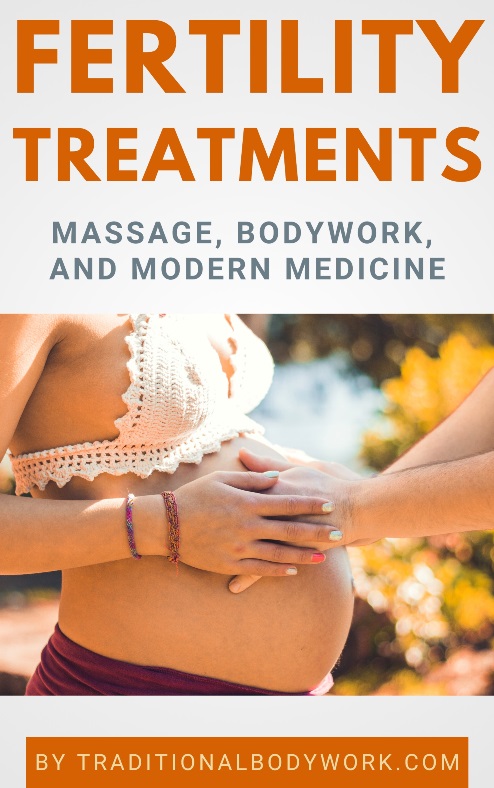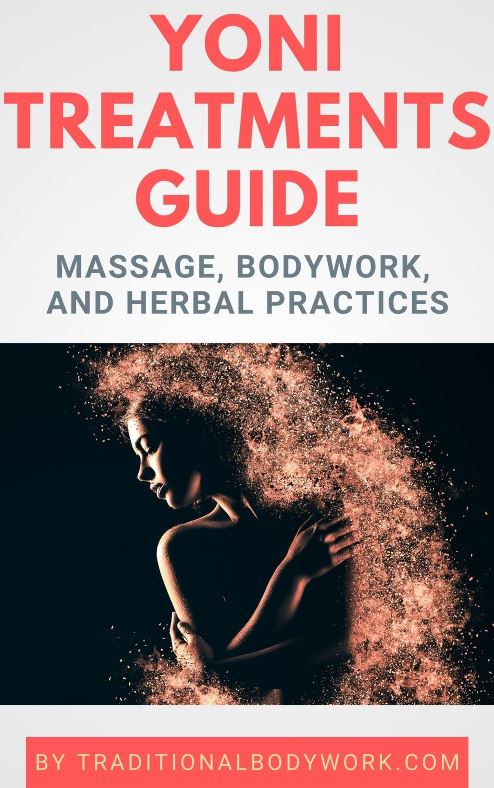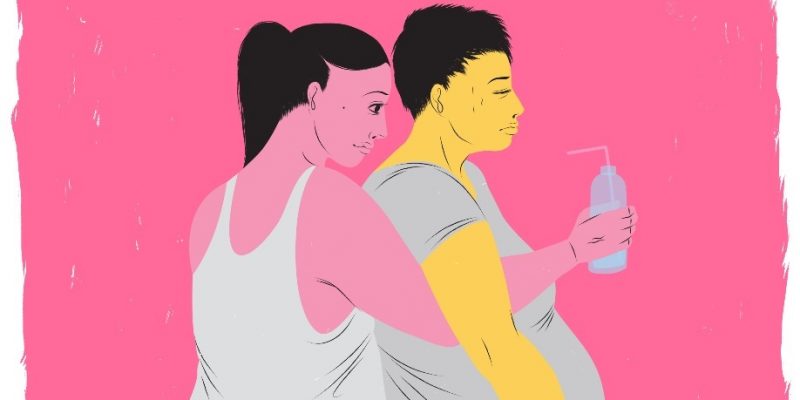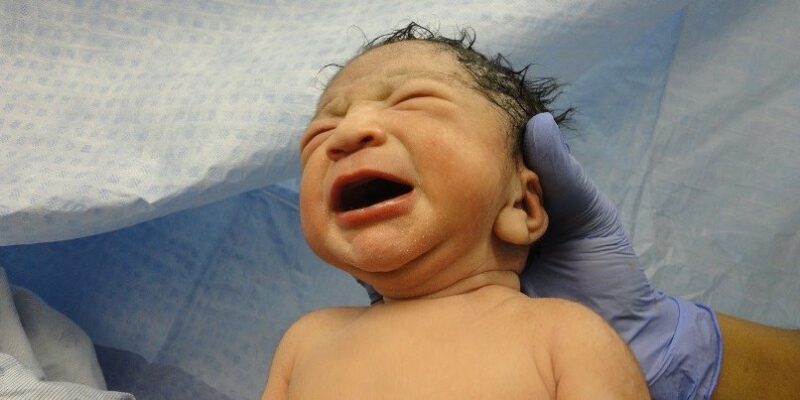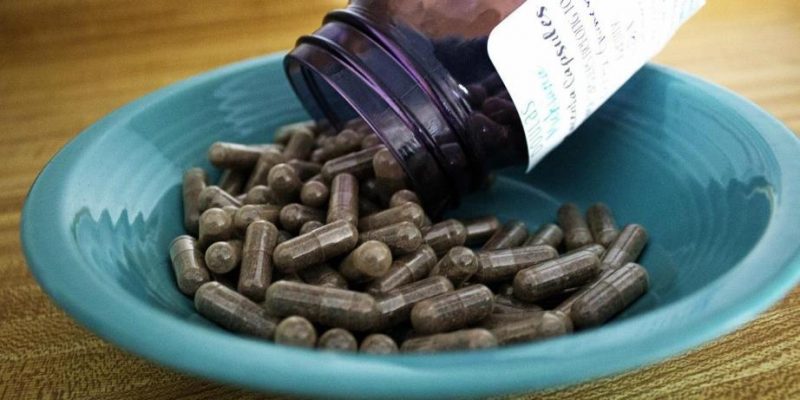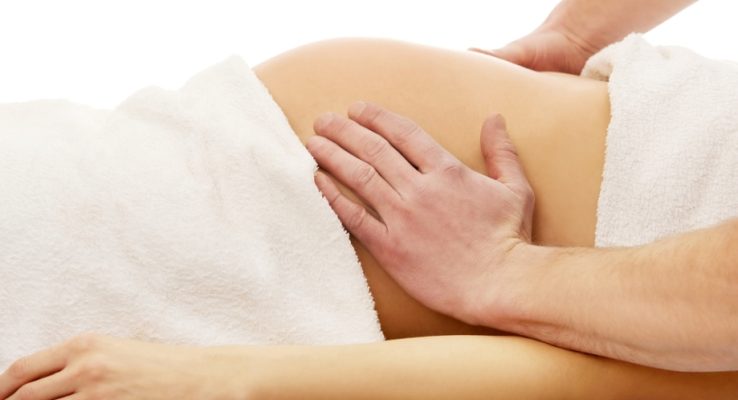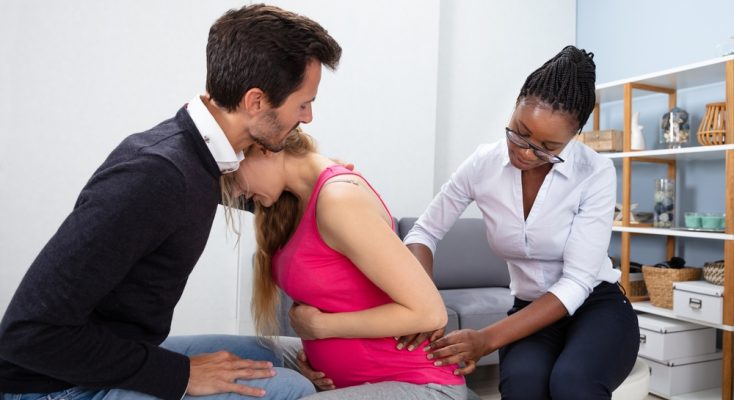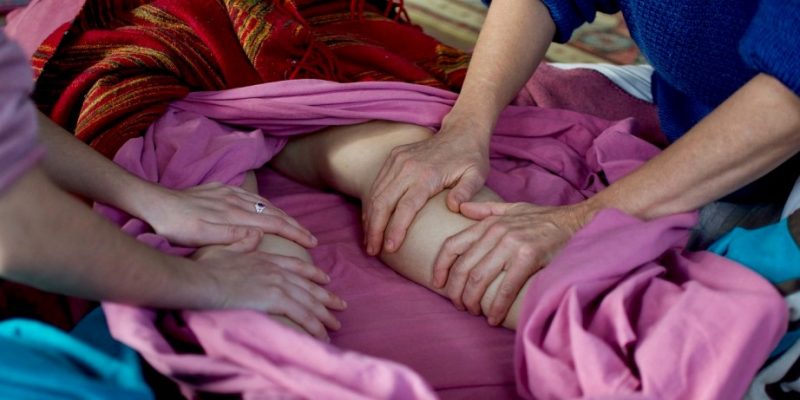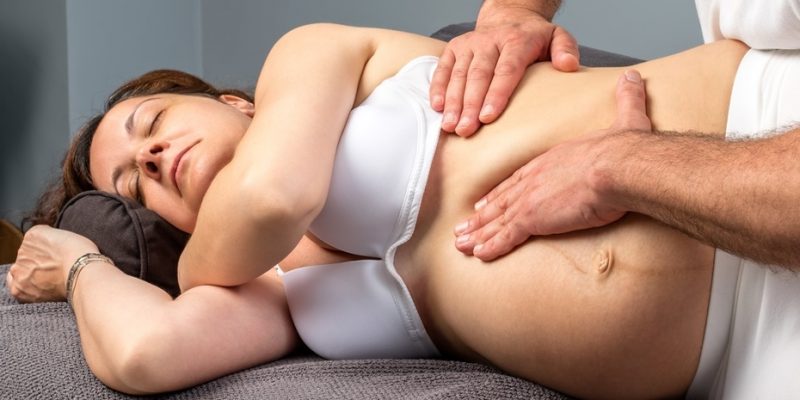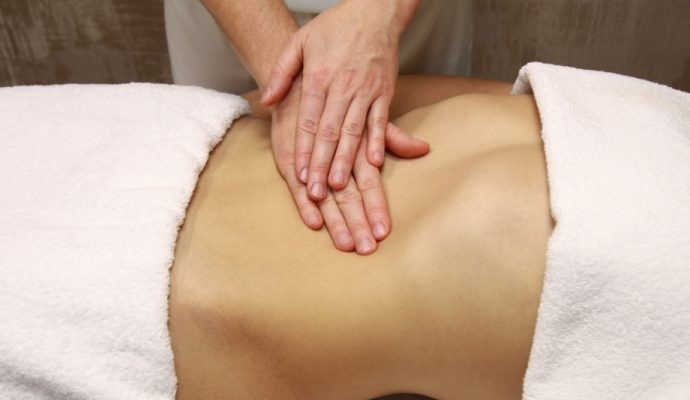
Having a companion or coach who provides support to a pregnant and birthing woman is a practice that goes back to ancient times, which is evidenced by archeological findings and anthropological studies.
Moreover, the role and importance of community birth attendants supporting women throughout their reproductive cycle is meticulously described in a variety of traditional medicine and midwifery systems, for instance in Traditional Chinese Medicine, Ayurveda, and Thai Traditional Medicine.
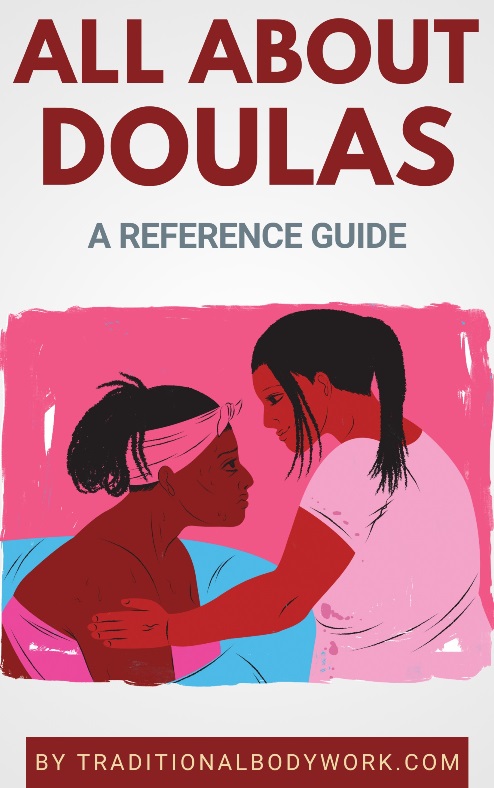
Nevertheless, the current role of “the Doula” emerged from the Natural Birth Movement (sometimes also called the Home Birth Movement) in the United States in the 1960s.
This movement represented an increasing number of women who desired a natural, normal, dignified, and holistic birth experience in their own environment and on their own terms, with as little medical intervention and medication as possible. As a result they started to ask friends, family members, or others with practical or professional knowledge about childbirth to support them during their pregnancy and labor experience.
However, the term Doula itself was first coined in 1969 in an anthropological study, being derived from the Greek word “doula,” which is generally translated as either a “female slave” or a “woman who serves.”
In 1992, the organization named Doulas of North America (today called DONA International) was founded, which became the first organization to train and certify Doulas and as such professionalize the work of Doulas.
In 2008, a movement started to expand the role of the Doula to other reproductive experiences than only birth, which gave rise to the Full Spectrum Doula, that is, a Doula who supports all pregnancy experiences such as preconception, infertility, birth, LGBTQ+ and gender related pregnancy, reproductive and parenting issues, postpartum period, abortion, miscarriage, fetal loss, and adoption.
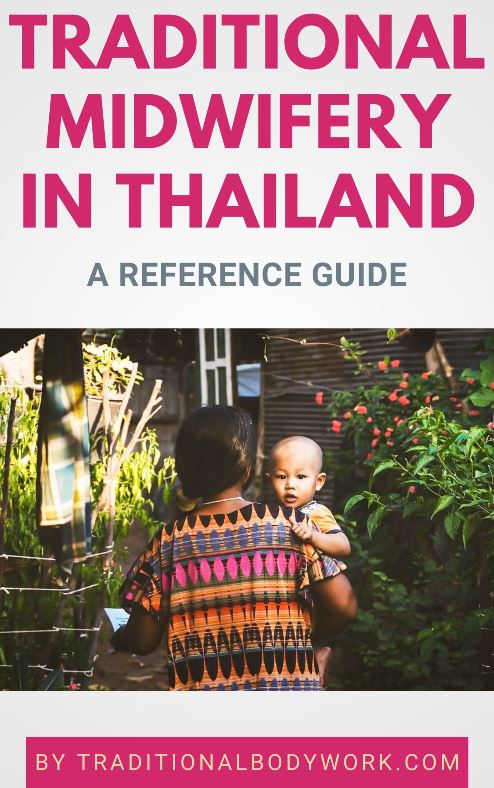
This latter development, which actually emerged from the Reproductive Justice Movement at the end of the 1990s, gradually extended to include Doula specializations for BIPOC community members, that is, for Black and Indigenous people, and other People of Color.
Today, apart from the USA and Canada, the Doula profession — either paid or voluntarily — has spread around the globe to many countries in Asia, South America, Africa, Australasia, and Europe.
Nevertheless, the exact role, function, and the way Doulas (are made to) work depend very much on individual countries. It can range from a bit of help here and there to complete informational, educational, practical, advocacy, physical, and emotional support, which typically depends on perceptions that vary from country to country and also on cultural factors.
In addition, the above causes that the setting of Doula work varies significantly. For instance, in some countries home births are outlawed, and Doulas can only practice in a hospital or special birthing facility, if at all. It also means that this obligation has taken away many of the traditional practices the local population has known for several generations.
At any rate, no matter the way Doulas need to make do with the situation in a particular country, having a (birth) companion (in whatever way) during life-changing experiences has proven to be always better than having none.

